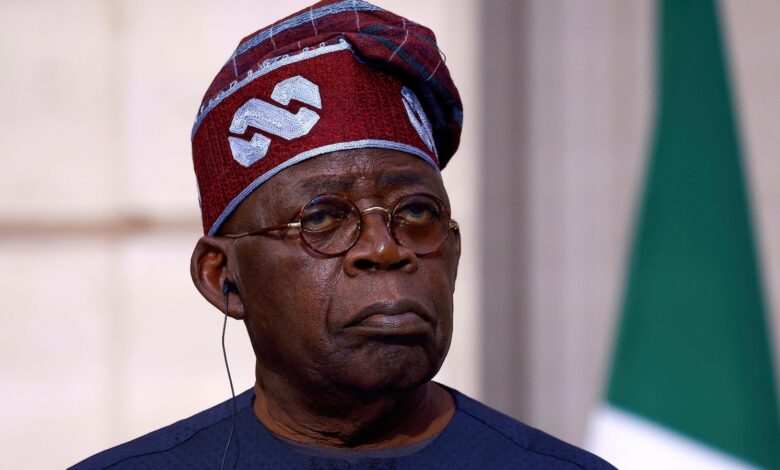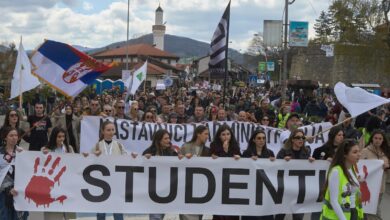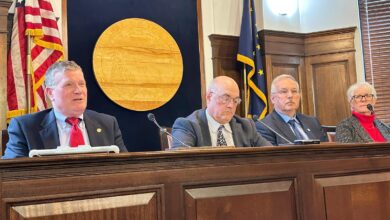A song critical of Nigeria’s president is barred from airwaves

ABUJA, Nigeria — Authorities in Nigeria have instructed radio stations to refrain from airing a controversial song criticizing President Bola Tinubu and his government’s policies, as outlined in a memo obtained by The Associated Press on Friday.
The country’s media regulatory body deemed the song “Tell Your Papa” unsuitable for broadcast in a communication sent to radio stations.
The track, composed by musician and vocal government critic Eedris Abdulkareem, serves as a response to recent comments made by Seyi Tinubu, the president’s son, praising his father as the greatest leader in Nigeria’s history.
Within the afrobeats song, Abdulkareem urges the younger Tinubu to convey to his father the adverse effects of his policies on Nigeria, highlighting a series of unmet promises and widespread hardship.
President Tinubu’s initiatives, including the elimination of fuel subsidies, have had a significant impact on Nigeria since assuming office in 2023, particularly amidst fluctuating fuel prices.
Last year, protests demanding improved opportunities and employment for young people resulted in the deaths of at least 20 individuals and the detention of numerous others.
The National Broadcasting Commission’s directive, issued on Wednesday, cited a violation of the country’s broadcasting code and public decency standards as grounds for the song’s ban. Nevertheless, the song has gained traction on social media platforms.
Responding to the ban on Instagram, Abdulkareem asserted that governmental authorities view constructive criticism as a criminal offense, questioning Nigeria’s lack of substantial progress over the years.
In 2004, another of Abdulkareem’s songs, “Jaga Jaga,” faced a similar ban for its critique of former President Olusegun Obasanjo’s allegedly corrupt administration.
Amnesty International condemned the ban as a violation of artistic freedom and an abuse of power, emphasizing the importance of safeguarding artists’ right to free expression.
The rights group described the suppression of artistic freedom as a concerning trend that jeopardizes the ability of artists to voice their opinions without fear of reprisal.





